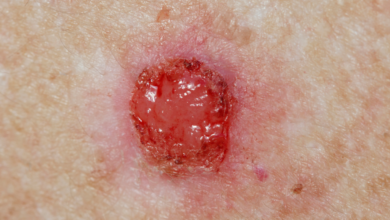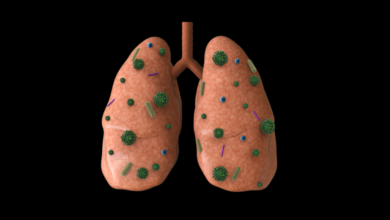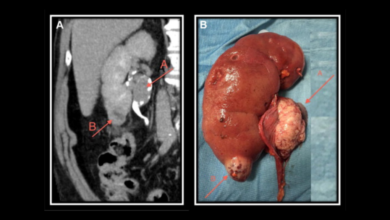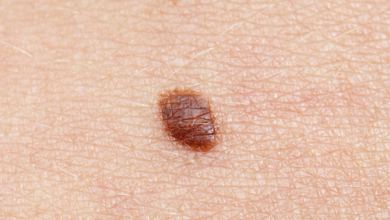
What is Oral Cancer?
Oral cancer is a type of cancer that develops in the tissues of the mouth, including the lips, tongue, cheeks, gums, floor of the mouth, and roof of the mouth.
Types of Oral Cancer
The most common type of oral cancer is squamous cell carcinoma, which develops in the squamous cells that line the mouth.
Symptoms of Oral Cancer
Early-stage oral cancer may not cause any noticeable symptoms. However, as the cancer progresses, symptoms may include:
• A sore that doesn’t heal
• A lump or thickening in the mouth
• White or red patches in the mouth
• Difficulty chewing or swallowing
• Persistent sore throat
• Hoarseness
• Loose teeth
• Numbness in the mouth
• Ear pain
Causes of Oral Cancer
The primary risk factors for oral cancer are:
• Tobacco use: Smoking and smokeless tobacco use are major risk factors.
• Excessive alcohol consumption: Heavy drinking can increase the risk.
• Human papillomavirus (HPV) infection: Certain types of HPV can increase the risk of oral cancer.
• Poor oral hygiene: Poor oral hygiene can contribute to the development of oral cancer.
• Exposure to certain chemicals: Exposure to certain chemicals, such as those used in some industries, can increase the risk.
Who Can Suffer from Oral Cancer?
Anyone can develop oral cancer, but it is more common in older adults and those who smoke or drink heavily.
Diagnostic Tests for Oral Cancer
To diagnose oral cancer, a doctor may use a combination of tests, including:
• Oral exam: A physical examination of the mouth, lips, tongue, and throat.
• Biopsy: A small tissue sample is removed and examined under a microscope to confirm the diagnosis.
• Imaging tests: CT scans and MRIs can help determine the extent of the cancer.
Stages of Oral Cancer
The staging of oral cancer helps determine the extent of the disease and guides treatment decisions. The most common staging system is the TNM system, which considers the size of the tumor (T), the spread to nearby lymph nodes (N), and the presence of distant metastases (M).
Treatment of Oral Cancer
The treatment for oral cancer depends on the stage and type of cancer, as well as the patient’s overall health. Common treatment options include:
• Surgery: To remove the cancerous tumor and surrounding tissue.
• Radiation therapy: To kill cancer cells with high-energy rays.
• Chemotherapy: To kill cancer cells throughout the body.
• Immunotherapy: To boost the body’s immune system to fight cancer cells.
Diet and Oral Cancer Prevention
While a healthy diet can’t completely prevent oral cancer, it can support overall health and reduce the risk of other health problems. Here are some dietary recommendations:
• Limit alcohol consumption: Excessive alcohol consumption can increase the risk of oral cancer.
• Quit smoking: Smoking is a major risk factor for oral cancer.
• Maintain good oral hygiene: Brush your teeth twice a day and floss daily.
• Eat a balanced diet: A diet rich in fruits, vegetables, and whole grains can help.
Diet and Oral Cancer Prevention
While a specific diet cannot guarantee prevention of oral cancer, a healthy diet can contribute to overall health and reduce the risk of certain cancers. Here are some dietary recommendations:
• A balanced diet: A diet rich in fruits, vegetables, and whole grains can help.
• Limit processed meats: Consuming too much processed meat can increase the risk of certain cancers.
• Maintain a healthy weight: Obesity can increase the risk of various health problems.
Overall Survival Rate of Oral Cancer
The overall survival rate for oral cancer varies depending on the stage of the cancer, the type of treatment received, and the individual’s overall health. Early detection and timely treatment significantly improve the prognosis.
Doctor to Consult
A dentist or an oral surgeon is the best doctor to consult for initial oral cancer screening. If cancer is suspected, a head and neck surgeon or a medical oncologist may be involved in the treatment.
Diseases Associated with Oral Cancer
Oral cancer is often associated with other health conditions, including:
• Human papillomavirus (HPV) infection: Certain types of HPV can increase the risk of oral cancer.
• Leukoplakia: White patches on the mucous membranes of the mouth, which can sometimes become cancerous.
• Erythroplakia: Red patches on the mucous membranes of the mouth, which are often precancerous.
How to Prevent Oral Cancer
In addition to a healthy diet, the following strategies can help prevent oral cancer:
• Quit smoking and limit alcohol consumption: These are major risk factors for oral cancer.
• Regular dental check-ups: Regular dental check-ups can help detect oral cancer early.
• Practice good oral hygiene: Brush your teeth twice a day and floss daily.
• Protect your lips from sun exposure: Use sunscreen with a high SPF to protect your lips from sun damage.
• Consider HPV vaccination: HPV vaccination can help protect against HPV-related cancers, including oral cancer.





